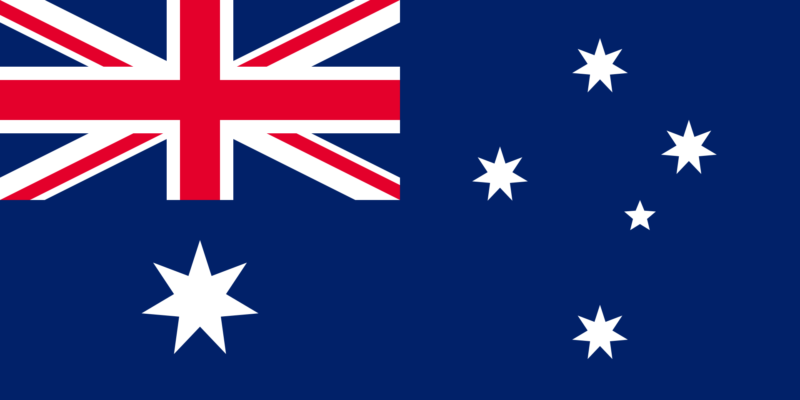Are you travelling during the cyclone season?
The Pacific cyclone season is usually between November and March. The Australian Bureau of Meteorology predicts that on average, 10 tropical cyclones are expected to form per season in the region.
This means there’s every chance that your holiday in the Pacific, especially during the December and January school holidays, may be affected by weather events.
Be aware that even small tropical storms can develop into major cyclones. Their direction and strength can change with little warning. Cyclones can lead to landslides, mudslides and flash flooding, damage infrastructure and cut off communications and transportation. Flights may be cancelled or delayed. They can also affect access to emergency assistance, medical care and food and water.
If you’re travelling somewhere that experiences severe weather, be prepared and be informed.
How to prepare
Understanding local safety procedures is vital to ensure you stay safe in an area that could be affected by severe weather. Our advice if you’re overseas during the cyclone season:
- Follow media and local sources for weather forecasts.
- Read the travel advice for your destination.
- Subscribe to travel advice and bulletins.
- Share your accommodation and contact details with loved ones.
- Check your travel insurance and make sure it covers claims caused by a cyclone.
You can also bookmark these websites and stay up-to-date with cyclone forecasts and advice.
- Global Disaster Alert and Coordination System
- The Fiji Meteorological Service
- Meteorological Service of New Zealand
- Papua New Guinea National Weather Service
- Meteo-France in French Polynesia
- Australian Bureau of Meteorology
- Joint Typhoon Warning Center
What to do if you are caught in a cyclone while overseas?
If you find yourself caught up in a cyclone:
- Track the local news for weather updates.
- Follow the advice and instructions of local authorities at all times.
- Identify your local shelter.
- If you’re on an island, heed all advice to return to the mainland before the boats stop running.
- Carry bottled water, non-perishable food, a basic first aid kit, a battery-operated radio and a torch.
- Get cash from an ATM.
- Carry your travel documents (passport, photo IDs) at all times or secure them in a safe, waterproof location. If you carry them with you, make sure they’re in a waterproof bag or case.
- Contact friends and family with regular updates about your situation.
Read our full advice about what to do if you’re caught in a cyclone.
Flights in and out of affected areas could be delayed or suspended. Contact your airline for the latest flight information. The cyclone may also affect access to seaports in the region.
In some areas, adequate shelter from a severe cyclone may not be available to all who choose to stay.





Comment